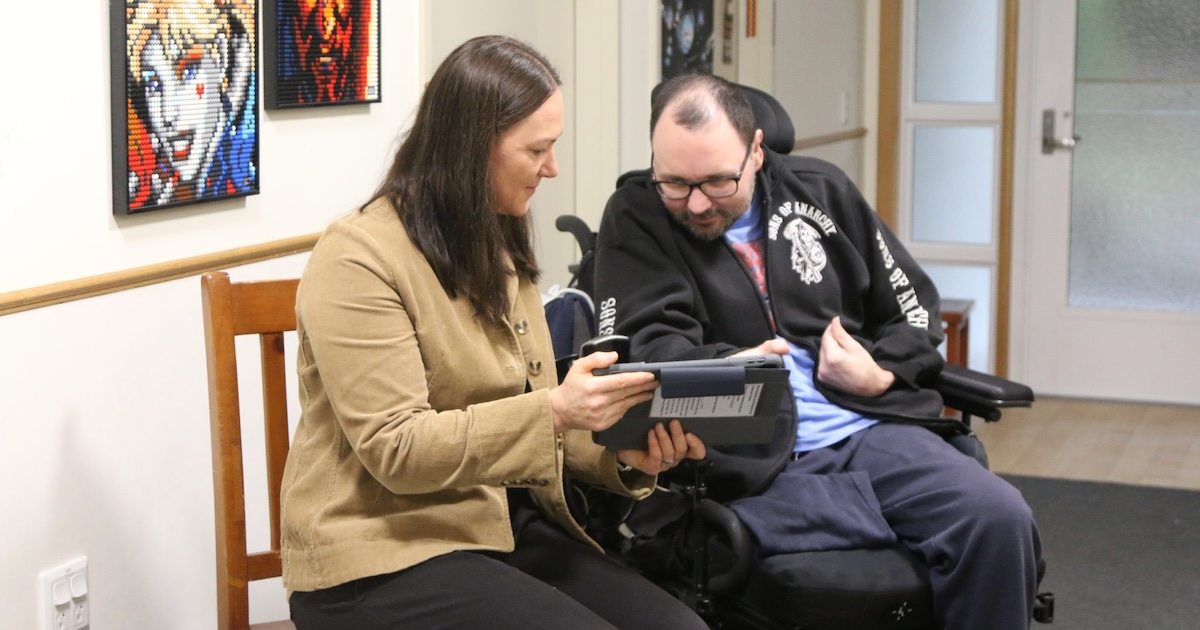The current processes around many clinical information systems are “not patient or GP-centred” and is “highly inefficient and frustrating for general practice”, according to a report by the Royal Australian College of General Practitioners (RACGP).
The RACGP Practice Technology and Management report claimed that current clinical information systems (CIS) tend to be a “heavy burden for GPs and their teams”, diverting their time away from providing medical care for patients.
As such, the peak lobby group for GPs is calling for industry to meet a number of general practice CIS requirements to improve usability in the collection, management, use and sharing of information and deliver on efficient patient care.
The report outlines recommendations for better digital patient health records, systems to improve the exchange of patient information across the healthcare sector, patient consent in the secondary use of their data and amplified information security.
RACGP said with the increasing use of shared care models and the potential increase in use of My Health Record, the quality of information is now more important than ever.
“No longer serving only individual GPs or practices, information in a patient’s health record is likely to be shared between, and relied upon by primary, secondary and tertiary healthcare services, and the patient themselves.
“Maintaining high-quality health records is not always regarded as a priority by general practices or GPs. Competing demands on busy clinicians and practice staff means the importance of quality health records is often overlooked, and some may not be aware of what is expected of health records,” RACGP reported.
To improve usability, it recommended that CISs facilitate the input of data by displaying core clinical information in a way that makes it easy for users to access and view, adopting a GP reference set for core general practice data, aligning with clinical workflows and enabling structured data entry.
As for the communications of health records, RACGP said all electronic communications must correspond with secure data handling principles to protect patient privacy and confidentiality, and that any electronic communications sent externally must be capable of seamlessly populating with existing data from the local CIS.
“Despite most general practices using electronic clinical and practice management systems, patient information is still being faxed, mailed in hard copy or provided in an electronic format not compatible with clinical software,” the report identified.
“In most circumstances, when patient information is transferred to a general practice, the details need to be manually transcribed into the local CIS. This is not only very time consuming, but also results in a significant risk of transcription error.”
[Read more: RACGP claims gaining patient consent for My Health Record uploads is not the job of doctors and calls for improved incentives | There’s “a long way to go” before we eradicate fax in healthcare: panel]
As for the challenge of patient consent for secondary use of general practice data, RACGP suggested that CISs must allow users to record patient consent for the secondary use of both identified and de-identified data in a secure manner and provide opt-out mechanisms to exclude patients and healthcare providers who do not want their data or subsets of their data shared for secondary purposes.
“General practices are custodians of patient data, with a responsibility to ensure it is accessed and used appropriately. Practices must protect patient rights and privacy when providing data for secondary use.
“This will be aided by implementing policies and procedures specifically for managing requests for access to data which can be supported by CIS,” the report stated.
RACGP also addressed the need for beefed-up security requirements within a CIS, recommending identity management and access control frameworks consistent with industry best practice, as well as mechanisms to ensure software currency. It also identified the importance of being able to back up and recover data either natively or via a third-party product.
“CISs should support quality practice in terms of identity management, access controls, role-based permissions, software redundancy, failover, data security, audit trails and in maintaining software currency,” it identified.
“Information security is critical to the provision of safe, high-quality healthcare and the efficient management of a general practice. It is a fixed cost of doing business, and requires adequate allocation of financial and human resources to ensure business continuity and the protection of information assets.”
According to RACGP, designing CIS to support general practice can be challenging, as a balance is required in the design of CIS between comprehensiveness and utility.
“If CIS are too complex, with too many detailed structure and content requirements, users often take shortcuts (e.g. avoiding documenting what they consider to be less relevant types of information),” it said in the report.
[Read more: Better access to health data could save $3bn and improve Australians’ health | What’s needed to drive innovation and improve affordability in healthcare?]
It addressed the need for the transfer of information between care teams, across disciplines and between care sites in modern healthcare delivery models to alleviate challenges.
“As the volume of information generated and held within CIS grows, it is becoming increasingly difficult for systems to respond to the needs of GPs and patients as part of normal clinical workflows,” the report identified.
“For GPs to work safely with any CIS, information needs to be collected, managed and used in a standardised way, which will also contribute to creating a positive user experience.
“There is now growing recognition from users and developers that a set of minimum requirements could, in the future, become standards governing the design and development of CIS,” it added.
